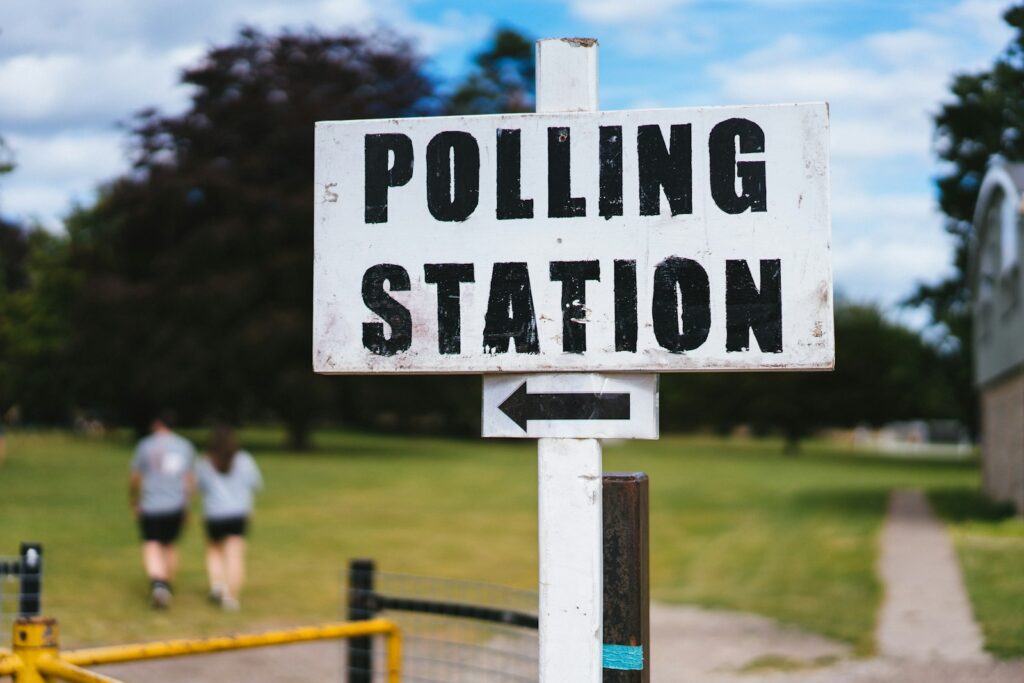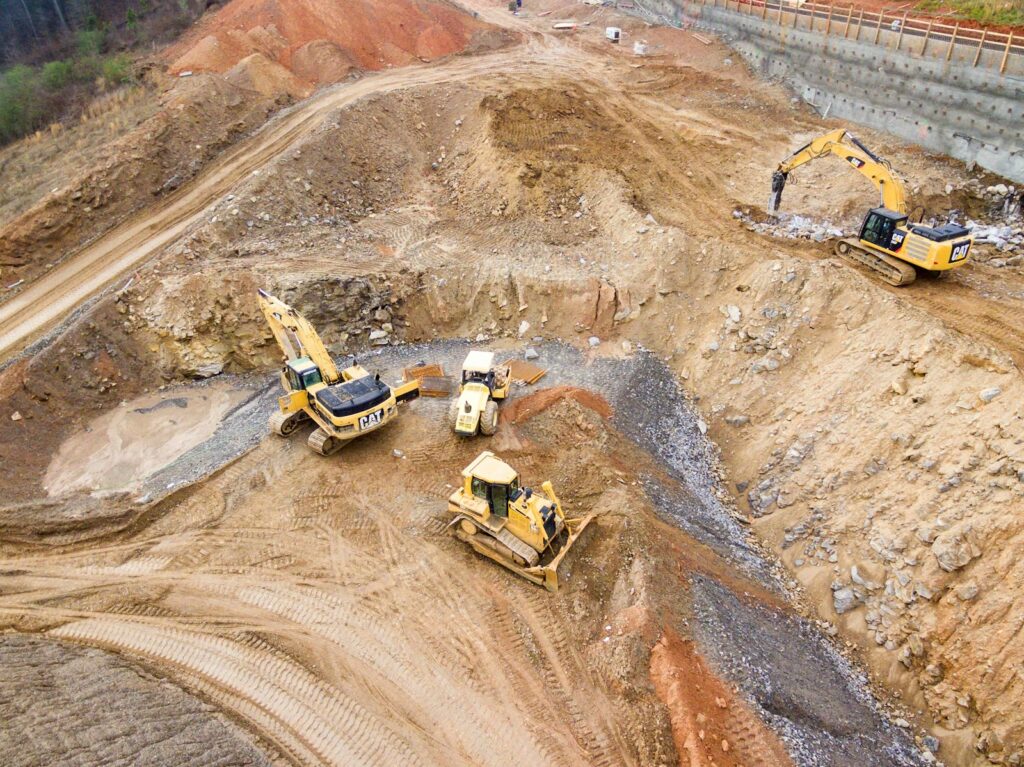Climate change will make it harder for countries to repay their pandemic debt, according to researchers at the University of Oxford.
During the pandemic, an estimated $783bn has been borrowed from the private sector through sovereign bonds that mature 30, 50 or 100 years from now.
However, according to the research, 77% of countries have not disclosed the risks they face due to climate change in this period
The researchers have warned that this lack of disclosure could lead to a severe debt crisis.
For example, Saudi Arabia’s bonds will mature in 2060, at this point, lower productivity and higher mortality due to a more extreme climate could cause a 60% drop in GDP.
Severe climate shocks, or even the anticipation of them, could cause government defaults (where governments are unable to repay their debt) and a credit crisis.
Based on this research, the authors have presented three solutions to this oncoming debt crisis:
- Countries must work together to better assess, disclose and manage vulnerability to sovereign climate risk while developing new tools to deal with the non-linear and radically uncertain nature of sovereign climate risk
- Governments should use Covid-19 credit to mitigate climate risk, build climate resilience and grow the economy to aid future debt repayment, living up to the promise to ‘build back better’
- Wealthier lender countries and their development finance institutions (DFIs) should provide financial support to the most vulnerable borrower countries. DFIs should buy back debt from heavily indebted poorer countries, on the condition that the money is used to increase climate resilience.
Thom Wetzer, associate professor of law and finance and director of the Oxford Sustainable Law Programme, said: ‘The covid, climate, and credit crises compound in ways that could create a financial catastrophe during the peak of the climate crisis. This study is a call to action.
‘Countries should transparently disclose climate risks, use the Covid-19 recovery to build climate resilience, and support the most vulnerable borrower countries. It is imperative that we do not leave this burden to future generations – by that time it will be too late.
‘Countries may struggle to pay back their rapidly rising debt because of the impact of climate risks on their economy. A failure to appreciate, disclose, and manage these risks today could cause serious problems in the future. Unlike companies, countries cannot simply cease to exist when bankrupt – their citizens will bear the cost of debt burdens for generations.’
Photo Credit – Pixabay
















